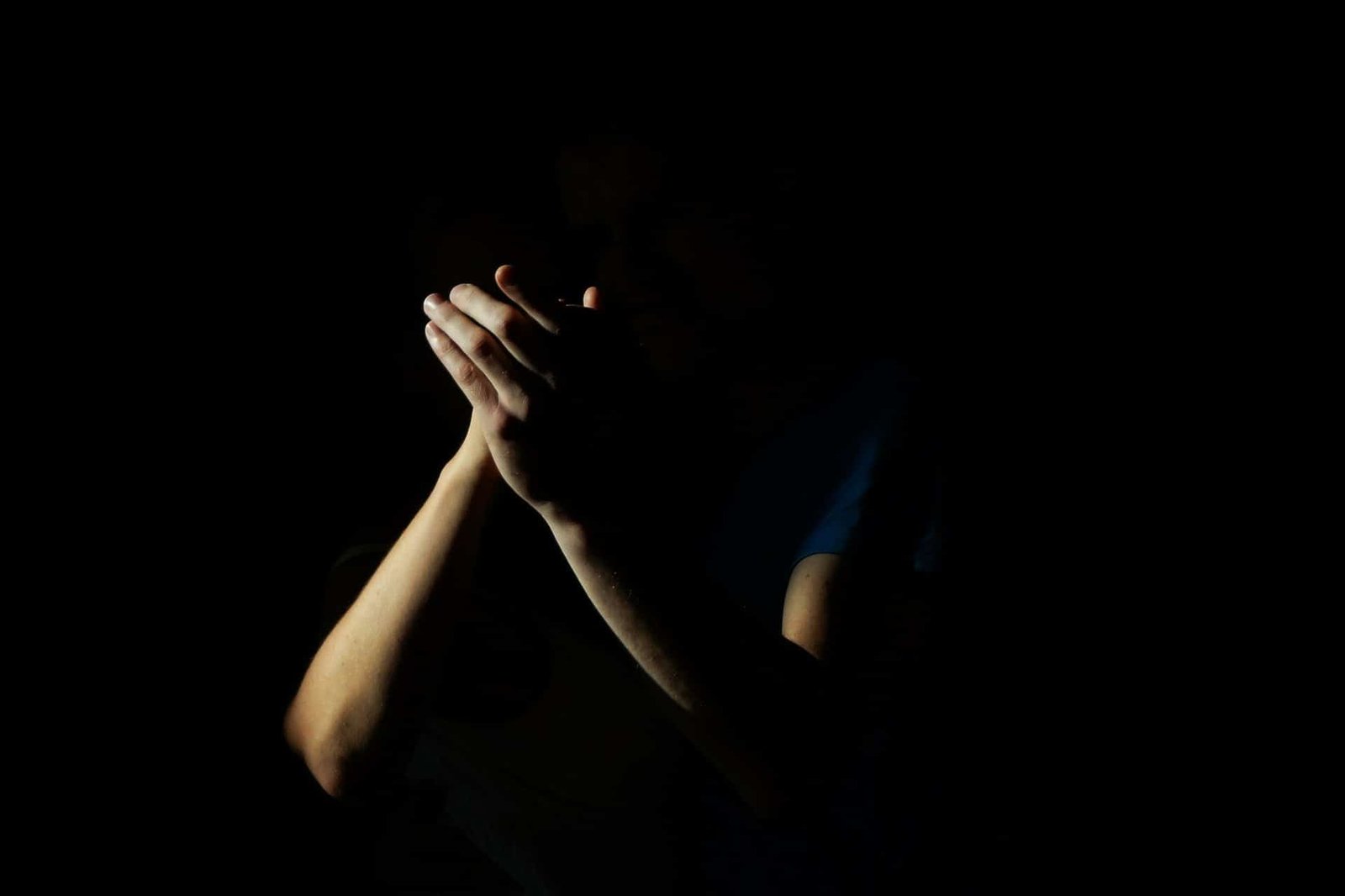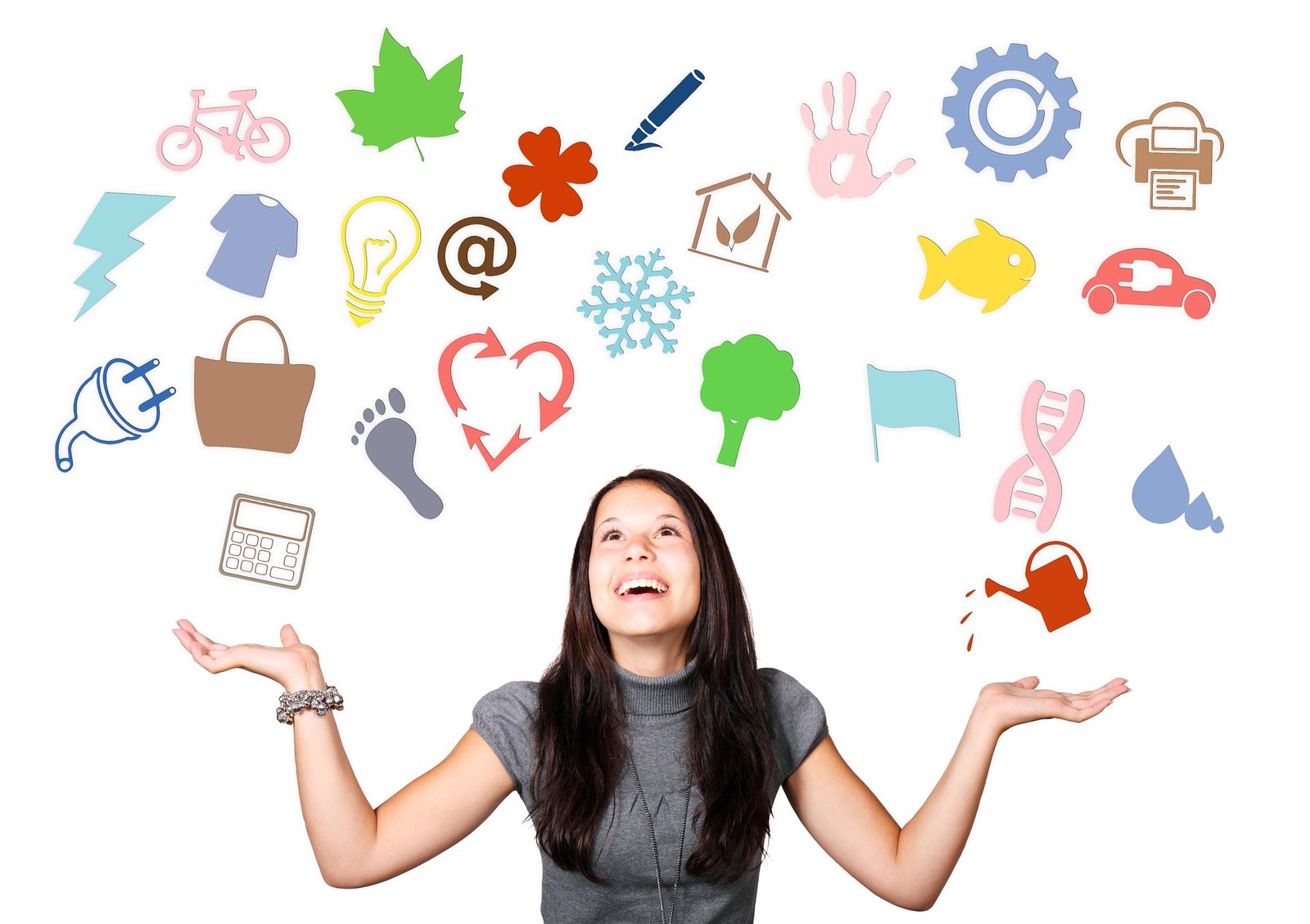Was the ‘clap for carers’ event a much needed morale boost for crucial and often-forgotten workers, or a way to sweep deeper issues under the rug?
At eight o’clock I opened the door and stepped out with hundreds of thousands of others across the country. Looking up and down the street, I watched as the people in my street clapped, silhouetted by the light from their houses. I found myself wondering when it would be appropriate to shut the door, and whether I was standing there to show my support for NHS workers, or to maintain the good opinion of my neighbours. Feeling slightly chilly, I didn’t want to be the first one to shut the door.
Reputedly the ‘clap for carers’ is a grassroots action that emerged in Italy, in recognition of the bravery of frontline staff and medics caring for patients with coronavirus. The custom has rapidly spread through Europe and across social media; in the UK it has been picked up by everyone from The British Army to the residents of the bail hostel at the end of my road.
On one level it is a heart-warming gesture of solidarity, an offer of thanks to those who work long hours doing what are generally agreed to be poorly remunerated and gruelling jobs. On the other, it has been championed by the very politicians responsible for the poor pay and debt that new medics graduate with.
The reaction from NHS workers themselves has been mixed, many have publicly expressed gratitude, feeling a much-needed morale boost, one doctor commented on Twitter that it was ‘incredibly touching to hear the applause.’ Others, like Dr Adrian Heald, welcome the sentiment but note that proper equipment and pay would be better than thanks. Some, such as Joanne Moss, a senior nurse in critical care have expressed discomfort. She told me ‘the whole hero worship thing makes me uncomfortable.’
But the responses from those outside the NHS are also worth exploring. One resident in a retirement home, unwilling to be named, explained how in her community ‘not clapping would be social death.’ Could what has been promoted as a spontaneous out-pouring of gratitude have a darker dimension? Either way it must be acknowledged that ‘What will the neighbours think’ is a powerful social force in moderating behaviour for good or ill.
Arguably, whether one sees such public displays as rekindled community spirit or as sinister may well depend upon one’s attitude toward the role of the state. To those for whom the state is a benevolent force upholding the law in defence of individual liberty, community action may be akin to mob rule. And yet to those who see the state as an oppressive force, which suppresses individuals and attempts to fracture community spirit, ‘clap for carers’ is a reassertion of the power of the collective. That the action has been co-opted (or promoted depending on one’s point of view) by representatives of government only serves to complicate matters further. It is unclear whether clap for carers is emblematic of grassroots appreciation or the government machine, all that remains is that it is a raw and collective expression of emotion. The context of crisis can help make sense of the matter.
To lessen the strain of depleted resources and personnel, some police forces are seeking to capitalise on curtain-twitching by using systems for reporting those who break guidance. Humberside Police has created an online reporting portal where people can send details of those not following social distancing rules. There is something democratising about delegating policing behaviour to the community, but there is also a troubling lack of transparency and obvious pitfalls to inflating the egos of the local Lynda Snells.
Ordinarily the concept of ‘community’ is presented as something positive, synonymous with neighbourliness and social stability. But for a community to be established the parameters of ‘them’ and ‘us’ must be defined, and the only way to do that is to create ‘outsiders.’ As any sociologist will attest, to create law-abiding citizens one needs visible rule-breakers. Whether that’s the villains warned off burgling a ‘Neighbourhood Watch’ area, the travellers harassed from a vacant car park or young women at risk of honour violence, individuals must be sacrificed for the collective.
For most of those who clapped it was broadly a personal choice, no names were taken and we have a way to go before we descend into either totalitarianism or mob rule. But we should never be so conceited as to think ‘it couldn’t happen here.’ Public displays of emotion are heady and powerful; they drive the stonings of ‘adulteresses’ in Pakistan, the outings of lesbian and gay couples in Russia and the drumming out of those who raise concerns about abuse within the Mormon community in Utah.
People who are united in the belief that they are doing the right thing can be dangerous. As Hannah Arendt so clearly observed in ‘The Life of the Mind’ “The sad truth is that most evil is done by people who never make up their minds to be good or evil.” Each of us is capable of terrible acts when we allow ourselves to stop thinking, when we are persuaded to act by emotion.
Last Thursday I found myself behaving as I do on the rare occasion I am forced to go to a religious service. Whether wedding or funeral my response is the same. I will dress appropriately and bow my head during prayers. All the while I scan the crowd for other non-believers who refuse to close their eyes.








Article Discussion